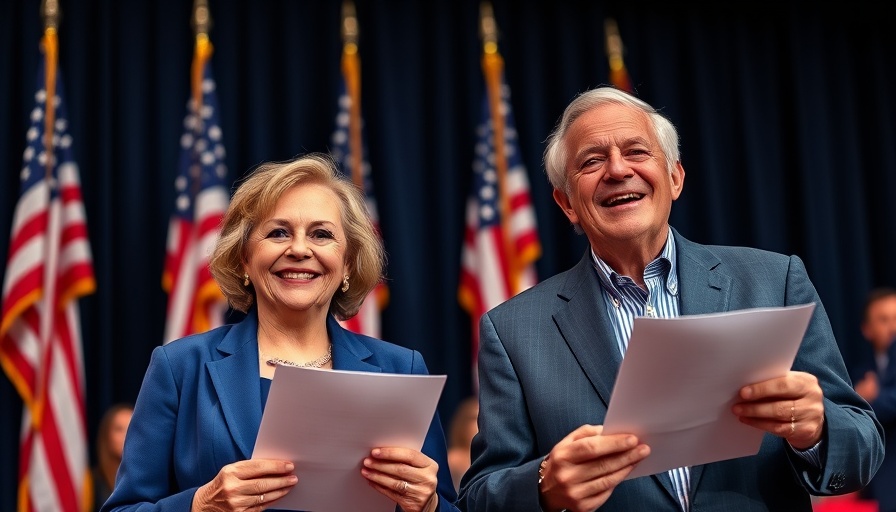
A Controversial Bill and the Governor's Decisive Block
The recent decision by Ohio Governor Mike DeWine to veto a contentious provision in House Bill 315 has sparked significant conversation regarding the boundaries of medical freedom and professional accountability. The bill sought to protect medical professionals from repercussions when their viewpoints diverged from official health authority opinions. Governor DeWine, prioritizing public health safety, argued that this could lead to unregulated medical practices that might harm patients.
Concerns Over Medical Misconduct
The provision was part of a broader dialogue about medical rights and the limits of professional autonomy. It emerged on the heels of high-profile cases like that of Dr. Sherri Tenpenny, who was scrutinized for unverified claims about COVID-19 vaccines. DeWine's stance is clear: maintaining the integrity and trust in the medical field is paramount, and professionals should be accountable for care that deviates from established medical guidelines.
Historical Context and Background
Medical boards and licensing authorities have long existed to protect the public from medical malpractice. Historically, the balance between professional freedom and ethical responsibility has been a delicate one, particularly as medical science evolves and changes. This bill and its veto echo past discussions, where public safety and scientific accuracy were set against individual expression and innovation in medical practice.
Diverse Perspectives and Ongoing Debates
Across the nation, debates continue about the parameters of medical freedom, often intertwined with discussions about vaccine policies and science communication in the digital age. Advocates of the bill argue for a practitioner's right to share differing medical insights without fear of punishment, fostering a climate of open dialogue and potential innovation. On the other hand, critics caution that such freedoms must be balanced with rigorous scientific validation and patient safety.
Future Predictions and Trends
This event reflects broader trends in healthcare regulation where patient safety increasingly guides policy decisions, even amidst calls for greater professional leeway. As medical science becomes more complex, striking the right balance between innovation and safety will be key. This decision may prompt further legislative attempts to refine the scope of medical 'free speech,' ultimately influencing how medical opinions are regulated across the country.
 Add Row
Add Row  Add
Add 






Write A Comment